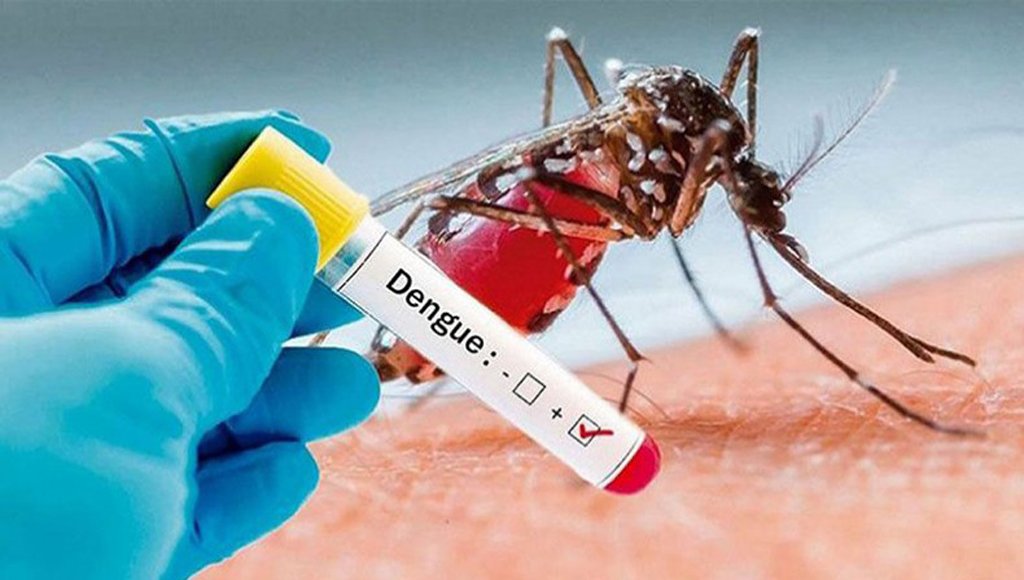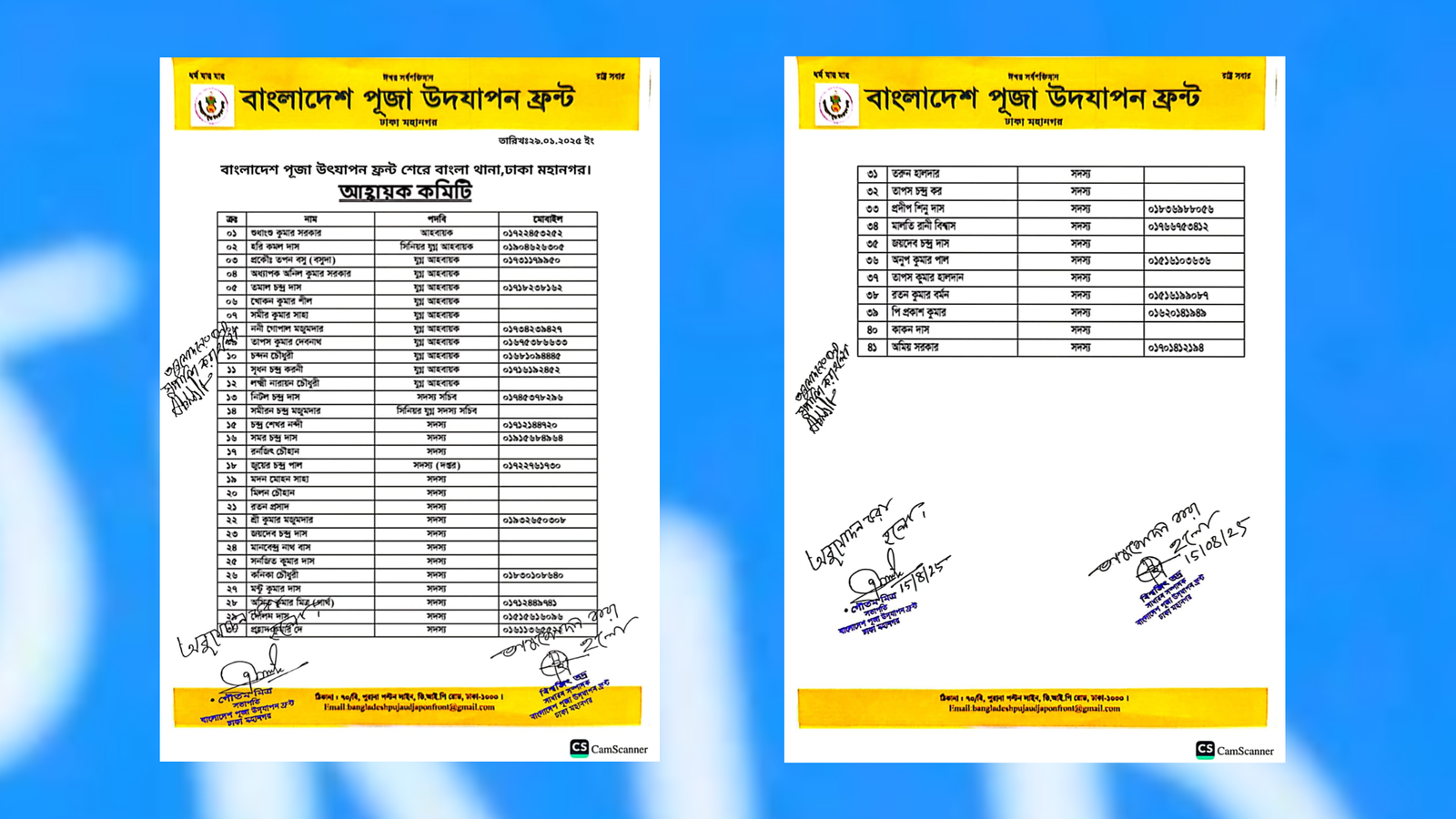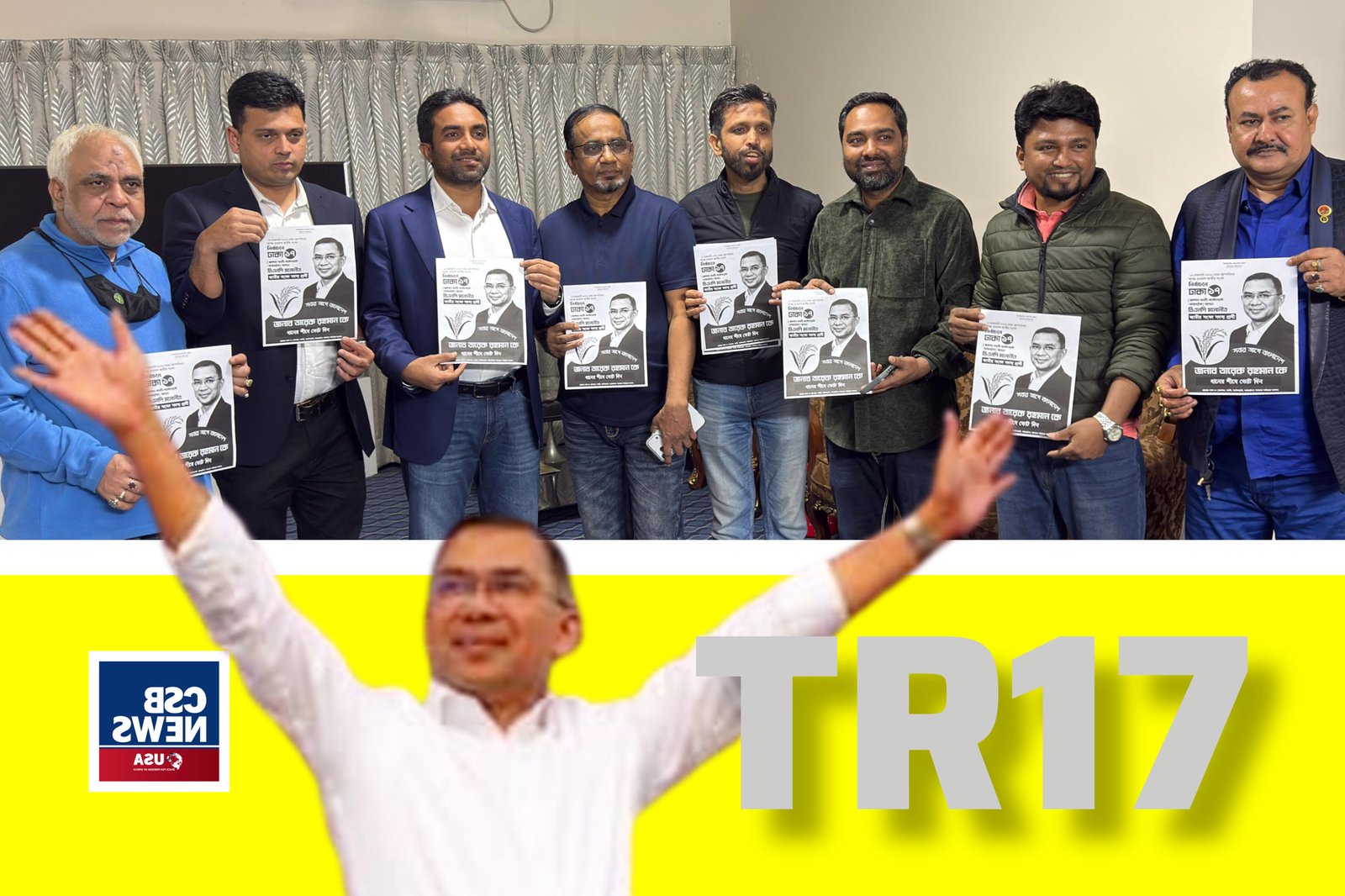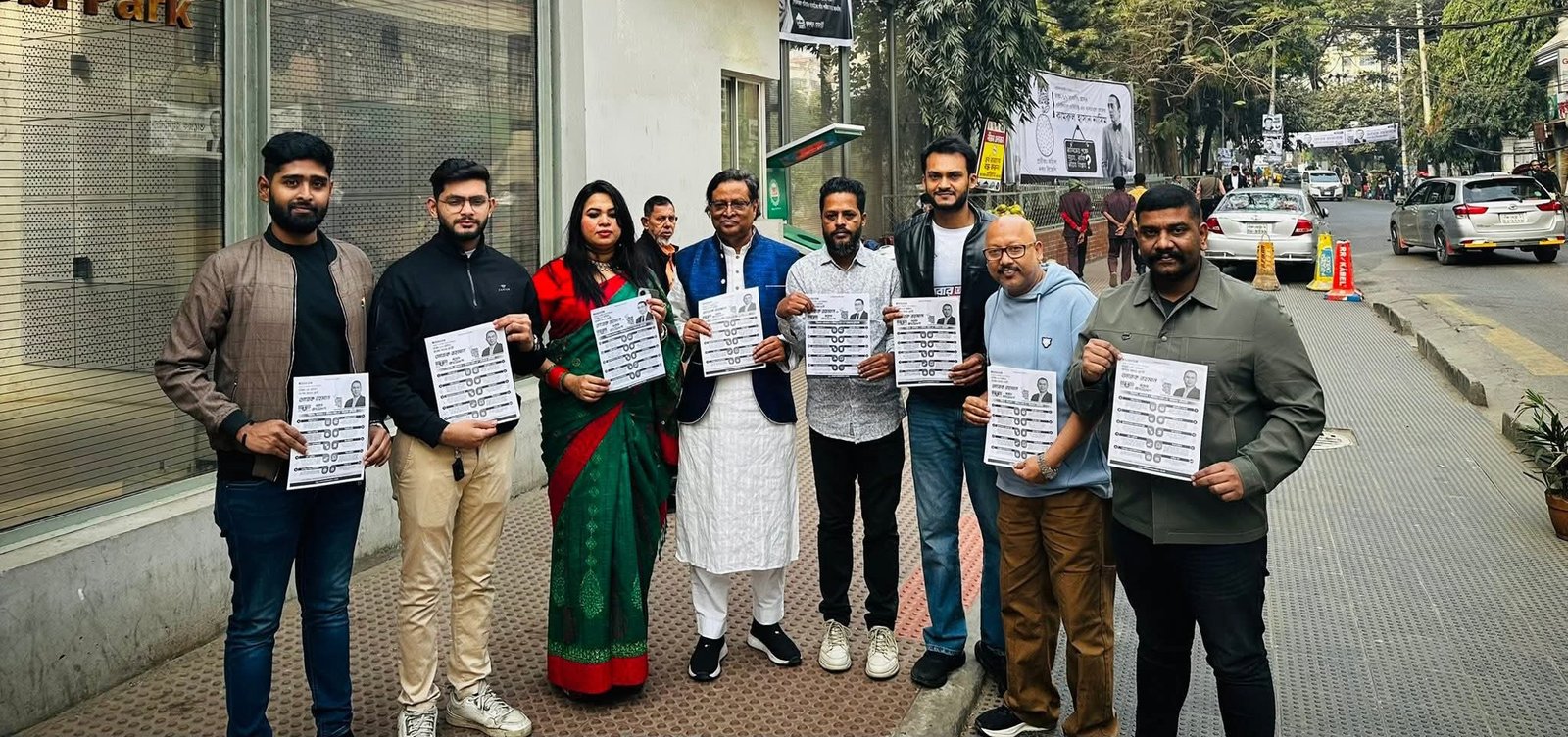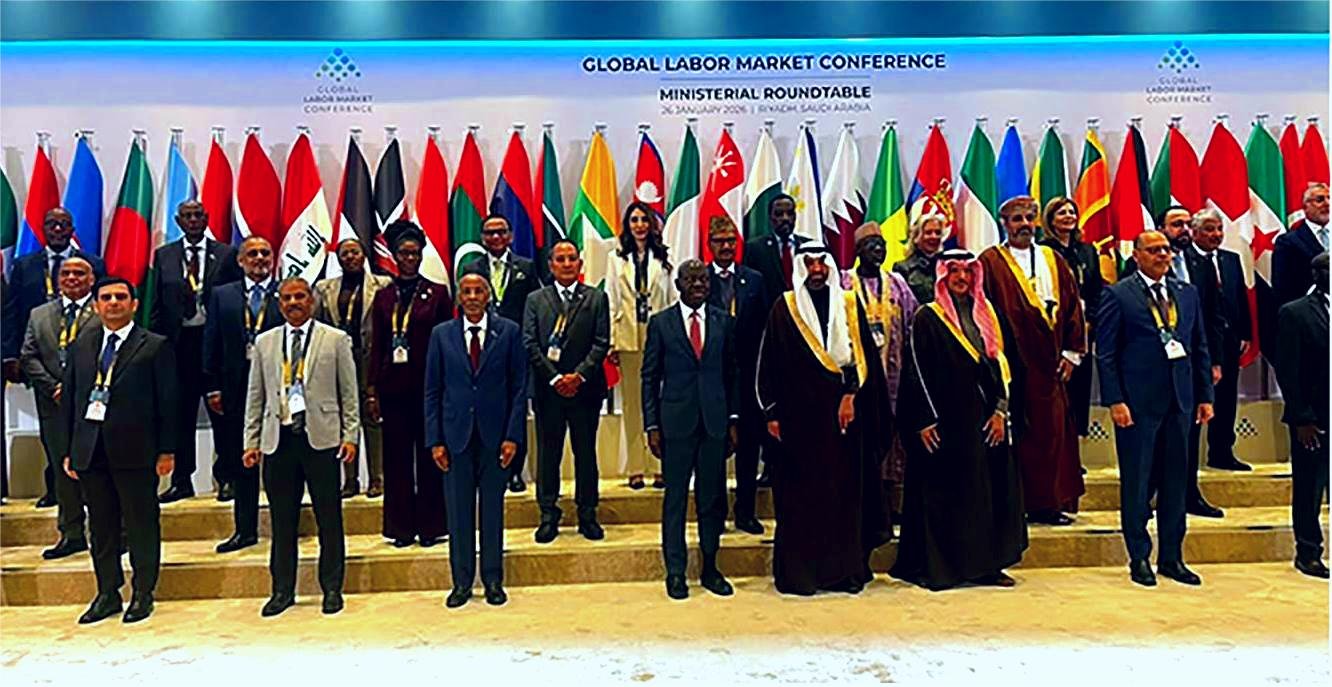Common People Discriminated Against in Dengue Prevention Efforts in Bangladesh Roundtable Discussion Highlights
Speakers at a roundtable discussion on dengue prevention have raised concerns about widespread discrimination in the application of insecticides used to control dengue mosquitoes, alleging that underprivileged areas are being neglected in anti-mosquito measures. The discussion, titled "Dangers of Dengue and Ways to Prevent It," was held at the CIRDAP auditorium in Dhaka on Saturday, organized by the Bangladesh Private Medical College Association (BPMCA). The event aimed to raise public awareness and propose measures to tackle the ongoing dengue outbreak.
Common People Discriminated Against in Dengue Prevention Efforts in Bangladesh Roundtable Discussion Highlights
Speakers at a roundtable discussion on dengue prevention have raised concerns about widespread discrimination in the application of insecticides used to control dengue mosquitoes, alleging that underprivileged areas are being neglected in anti-mosquito measures.
The discussion, titled "Dangers of Dengue and Ways to Prevent It," was held at the CIRDAP auditorium in Dhaka on Saturday, organized by the Bangladesh Private Medical College Association (BPMCA). The event aimed to raise public awareness and propose measures to tackle the ongoing dengue outbreak.
During the event, speakers accused city corporation authorities of prioritizing wealthy neighborhoods, where influential individuals reside, for mosquito control efforts, while slums and poorer areas are often overlooked. They also urged the government to immediately import vaccines to help curb the spread of the virus.
Experts stressed the increasing severity of dengue, a mosquito-borne viral infection transmitted by Aedes mosquitoes. The chief guest, Vice President of the Bangladesh Medical and Dental Council (BMDC) Professor Dr. Md. Zafarullah Chowdhury, highlighted the growing public health crisis posed by the disease. He noted that dengue symptoms can range from mild flu-like conditions to severe and potentially fatal cases, such as dengue hemorrhagic fever or dengue shock syndrome.
Professor Chowdhury also emphasized the importance of accurate diagnosis through clinical observation and laboratory tests. He shared alarming statistics for 2024, including 465 deaths and 90,798 reported cases of dengue as of November, according to the Health Services Department.
The roundtable speakers highlighted the urgent need for reducing mosquito breeding grounds and improving public awareness. Bangladesh Health Education Accreditation Council Registrar, Professor Dr. Md. Humayun Kabir Talukder, stated that proper waste disposal, regular cleaning of water containers, and maintaining effective drainage systems could reduce dengue risks by up to 50%. He also recommended the use of mosquito nets and repellents, particularly for children.
BPMCA General Secretary, Professor Dr. Md. Moazzem Hossen, reiterated the importance of public awareness and community participation in controlling the spread of dengue. He called for large-scale campaigns to educate the public and promote preventive actions, such as eliminating stagnant water and using protective measures.
To further raise awareness, BPMCA President MA Mubin Khan announced a week-long program, which includes seminars, discussion meetings, leaflet distribution, free medical camps, and cleanliness drives in schools, colleges, and markets. He emphasized that the BPMCA plans to collaborate with the government to sustain these efforts throughout the year, stressing the need for a coordinated approach to combat dengue effectively.


